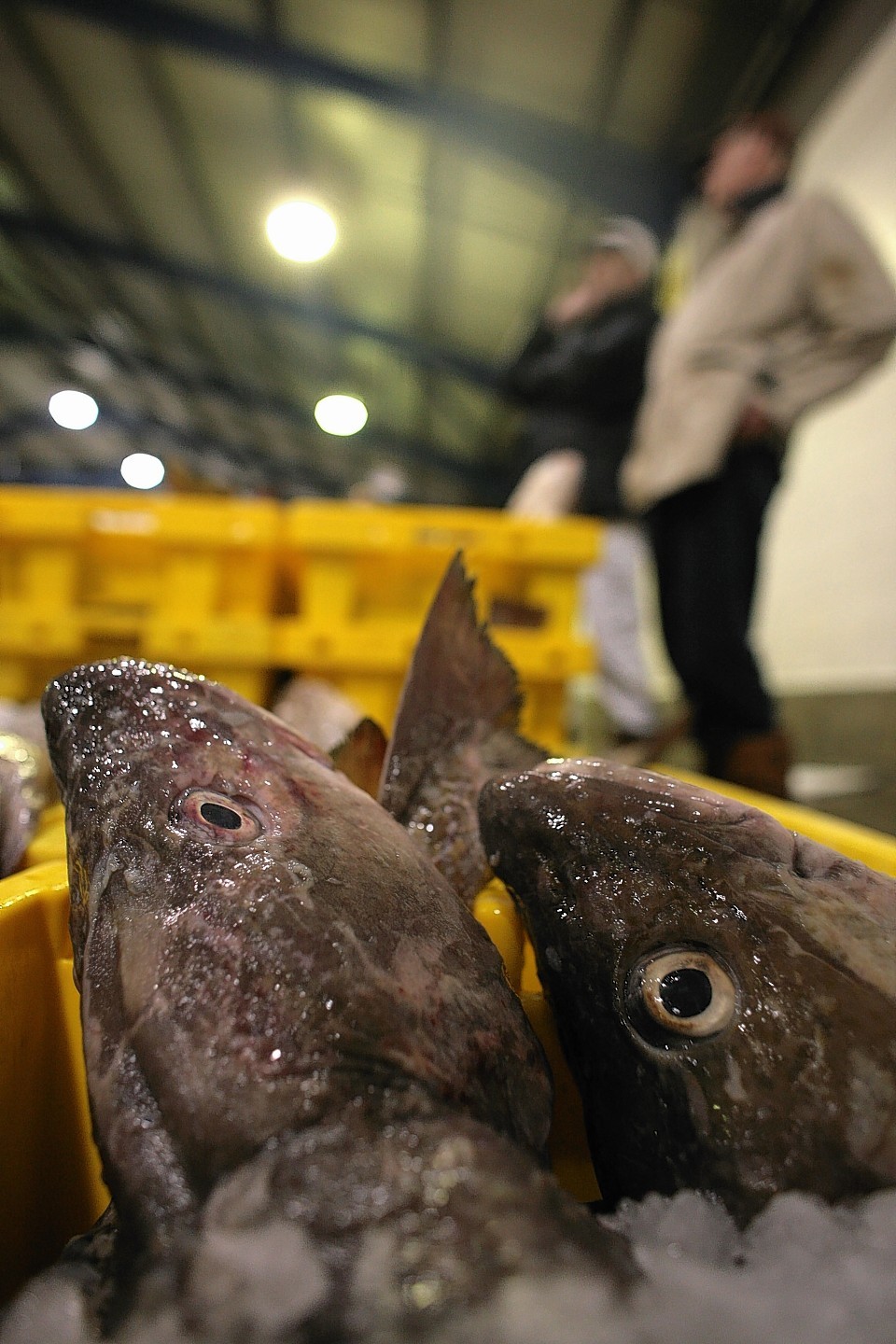A plunge in the value of Scottish fish landings highlights the “huge pressures” facing the catch sector, an industry chief said last night.
Scottish Fishermen’s Federation chief executive Bertie Armstrong was speaking after the Scottish Government produced figures showing the value of annual landings fell by 9% in real terms during 2013, to £430million.
The quantity of fish and shellfish landed remained broadly constant for a seventh consecutive year at 367,000 tonnes, despite increasingly complex catch rules.
Last year’s white-fish landings were worth £140million, down by 4% on the year before, while the value of pelagic species – mainly mackerel and herring – fell by 9% to £153million.
Shellfish landings also fell in value, by 14% to £137million.
There were 4,992 fishermen employed on Scottish-based vessels at the end of 2013, 244 more than a year earlier.
But there were 26 fewer active fishing vessels based in Scotland, with the 2,020 boats left in the fleet the lowest number ever recorded.
Mr Armstrong said: “This startling drop in the quayside value of seafood landed highlights the huge pressures faced by our fishing fleet.
“The decrease in value…comes as no surprise and reflects the market, while the small but significant drop in vessel numbers is a worrying sign of the difficulties that lie ahead.
“These problems are bad enough but the biggest threat to the fishing industry and its communities is the forthcoming discard ban.
“Nobody wants to throw fish away but the rules as they presently stand will not work without significant damage to the fleet.
“It is now time for this issue to be addressed at a political level.”
Fisheries Minister Richard Lochhead said: “These statistics show that overall the volume of landings from the Scottish fleet held up reasonably well in 2013 but any reduction in value hits the bottom line of businesses.
“The value still remained relatively strong, given the challenging global market conditions.
“I am encouraged to see there has been a 5% increase in the number of fishermen employed on Scottish-based vessels.”
Mr Lochhead added: “The tough market conditions we have recently experienced demonstrate the importance of adding value to the Scottish product and promoting it to markets both at home and across the world.”
